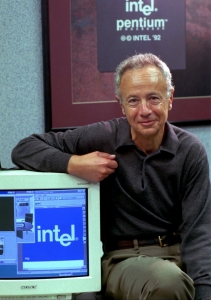 This is a little story about the secret weapon of a specialist independent bookshop in London. It was shared with me by an individual passionate about books and life in general, and that alone means it’s worth relaying – but beneath lies an important statement about our future.
This is a little story about the secret weapon of a specialist independent bookshop in London. It was shared with me by an individual passionate about books and life in general, and that alone means it’s worth relaying – but beneath lies an important statement about our future.
Today where most things are instant and short-term, where we consume online and read on smart devices, what chance has a small book shop against the giant online stores and discounters? There is not a single book in the store that customers cannot buy cheaper elsewhere.
But the store has a secret weapon. Her name is Claire. She works there and she knows most of the books that pass through the front door – her product knowledge, her people skills and service means people go back and buy again, having decided their loyalty means something to the bookshop.
People continue to make a difference, whether an independent bookshop or an enterprise that spans the globe. With automation on the increase, great people stand out more than ever. It’s about people – it always is.
PS. The little photo is the old public library of Cincinnati, with cast-iron book alcoves, spiral staircases several stories high and marble floors. Sadly it was demolished and the stunning building is worth remembering.



 So, how can you reduce the share of your core market and come out trumps? I have just returned from an excellent leadership meeting in Minneapolis where the Pearson VUE team talked strategy, explored ideas and visioned the future. The level of engagement was as good as I have seen for some time and when I volunteered this one thought to the group, I was met with silence…but only for seconds.
So, how can you reduce the share of your core market and come out trumps? I have just returned from an excellent leadership meeting in Minneapolis where the Pearson VUE team talked strategy, explored ideas and visioned the future. The level of engagement was as good as I have seen for some time and when I volunteered this one thought to the group, I was met with silence…but only for seconds.